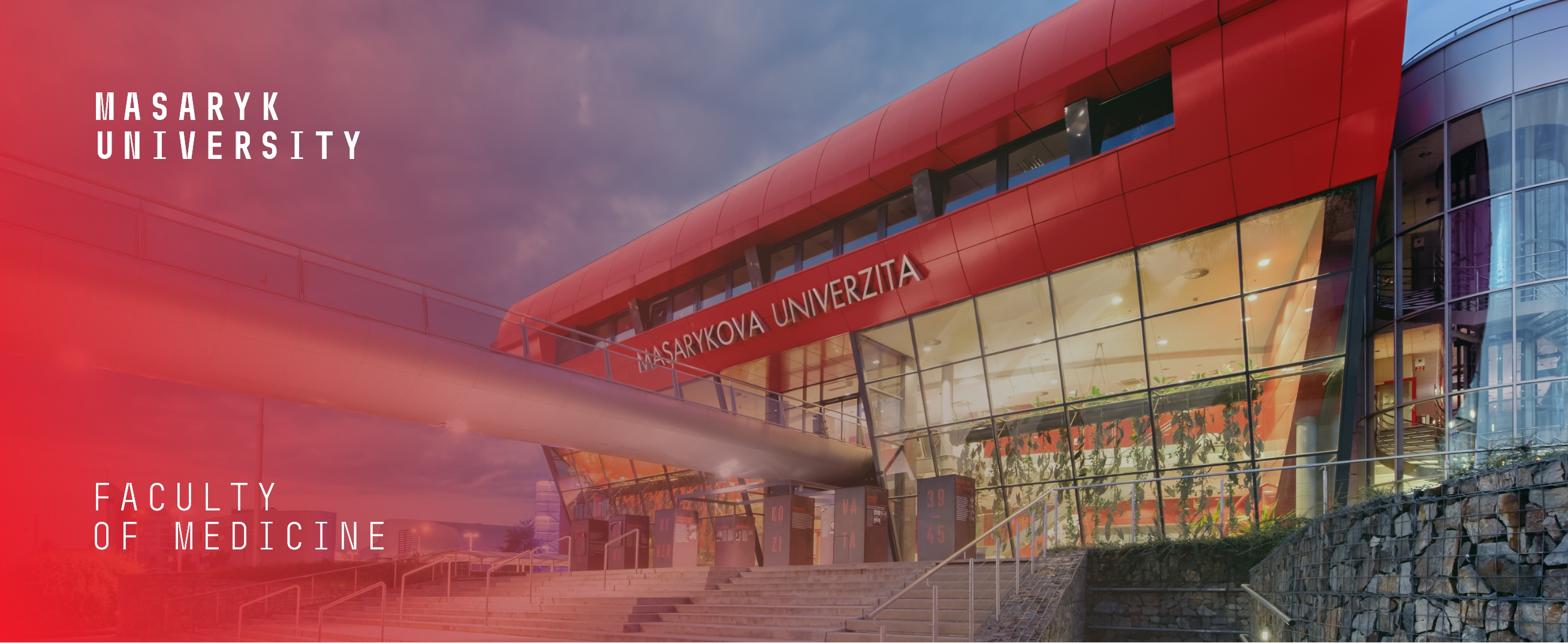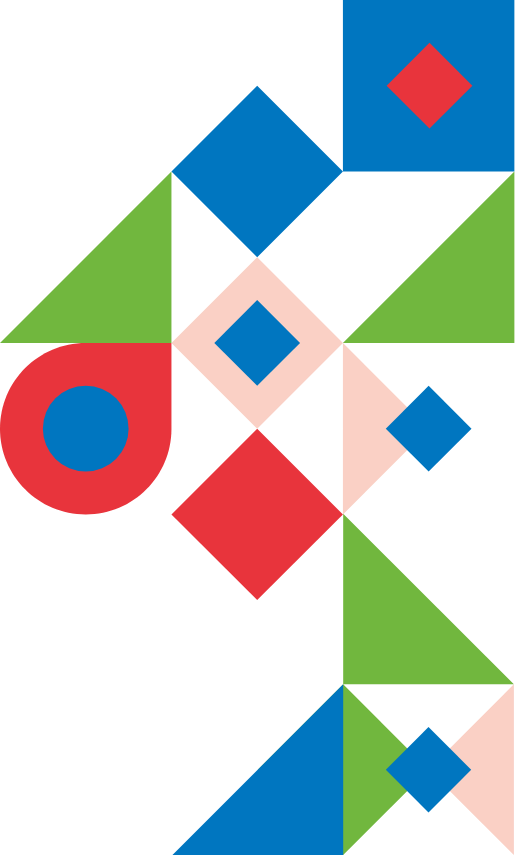Neurosciences

deadline
What will you learn?
The primary objective of the Neuroscience doctoral degree programme is to prepare independent scientific and academic staff for the disciplines of General Neuroscience, Neurology, and Psychiatry. All of the mentioned disciplines benefit from the growth of knowledge regarding the relationship between the brain and behaviour. This knowledge requires a deep understanding of the Biological, Technical, Psychological, and Clinical fields, as well as many sociological and humanities disciplines. For this reason, the main characteristic attribute of the Neuroscience programme is the support of such necessary inter-disciplinary interaction. The successful graduation from the Neuroscience DDP allows the students to continue their academic careers through the habilitation and appointment procedure for the Neurology, Psychiatry, and Neuroscience disciplines.
The Neuroscience DDP is designed for the graduates of master's degree programmes, which focus on the study of the relation between the brain and behaviour. The programme consists of three disciplines. The primary specialisation - Neuroscience - is aimed at the students interested in the issues related to the brain and behaviour. The two other clinical disciplines - Neurology and Psychiatry - focus on the application of Neuroscience research in the context of neurological and mental disorders.
The programme is formed around the concept of the cooperation between the neuroscience community formed by multiple scientific institutes in Brno, especially the three neurological clinics of the Faculty of Medicine MU (I. Neurological Clinic, II. Neurological Clinic, and the Paediatric Neurology Clinic), the Psychiatric Clinic of the FM MU, the Pharmacological and Anatomical Institute of the FM MU, the Biostatistics and Analytic Institute of the FM MU, the Neuroscience Programme of the CEITEC-MU, and the Institute of Scientific Instruments of the CAS. The programme closely cooperates with abroad facilities (UMC Utrecht, Harvard University, Regensburg University ...), together with which it partakes in a shared research project which deals also with the topics of the doctoral student's doctoral thesis. Furthermore, the external internships, which are a standard part of the curriculum, take place in these facilities.
Regarding the methodology, the programme primarily makes use of a wide spectrum of imaging methods to study the functional, morphological, and biochemical attributes of the brain (functional MRI - VR implementation, real-time neuro-feedback - morphometric methods - VBM, DBM etc. - Magnetic Resonance Spectroscopy and Spectroscopic Imaging, Electrophysiological methods including the unique intra-cerebral techniques) and methods of neurostimulation (transcranial magnetic stimulation, deep brain stimulation, electroconvulsive therapy). Furthermore, human, animal, and cellular in vitro experiments are also a part of the curriculum. A wide spectrum of behavioural and psychological methods of describing human behaviour and clinical data is also included. The students are trained in general scientific abilities and they become capable of analysing and interpreting the data gathered through the above-mentioned methods. The connecting element between the individual teams are the shared technologies, joint workshops, academic seminars, annual PhD candidate conferences and the joint mentoring of PhD candidates. Students are motivated by the high quality of the specialised research in a competitive - yet open to collaboration - environment.
Practical training
Practical experience is obtained through a practical work performed by the research group the student belongs to, and also inside the shared infrastructure (experience with the usage of neuroimaging, electrophysiological, neurostimulation, etc. technologies and processing data). For the students specialised in clinical studies, the practical training takes place in medical facilities (The Faculty Hospital in Brno, the Faculty Hospital U sv. Anny).
Career opportunities
The graduates of the Neuroscience DDP are able to continue their academic careers through working as assistant specialists in the field of their given studied discipline (Psychiatry, Neurology, Neuroscience), with the prospect of the succeeding habilitation and appointment procedures of the mentioned disciplines. Therefore they can work as academic staff at the faculty of medicine and cross-disciplinary biotechnological, humanities, and sociological fields. Furthermore, they can continue their scientific careers through working as post-graduate staff in Neuroscience laboratories of research institutes. Thanks to the exquisite technological and personal endowment of the programme, the participation in research teams abroad is also a possibility.

Admission requirements
For information about the admission process, click the link below.
Other study programmes

deadline
(academic year)

deadline
(academic year)

deadline
(academic year)




